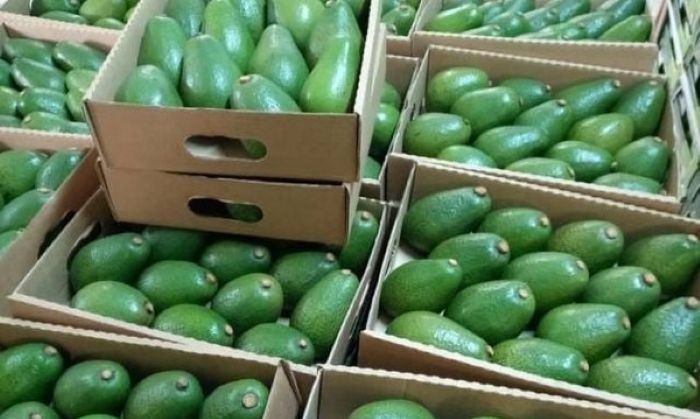(3 Minutes Read)
Kenyan exports of ‘Fuerte avocados’ to Turkey are rising sharply due to strong demand, while the Hass variety faces uncertainty amid shipping risks. The ongoing instability in the Red Sea is significantly affecting global demand during the Kenyan avocado season. Exporters are experiencing differing market conditions for Fuerte and Hass avocados, with Turkey becoming a major destination for the former.
The Fuerte campaign began on February 7th, and the Hass campaign started on March 17th, but they are in very different situations stated Noor Yassin, director of Avochichi. At the start of the Fuerte campaign, the Red Sea’s security was stable, allowing for reasonable transit times. However, as tensions escalated, demand for Fuerte avocados increased, while shipments of Hass avocados slowed down.
Turkey has proven to be a reliable market, with efficient shipping and regular departures. Yassin states, “Shipping to Turkey has been the smoothest of all our markets, with a transit time of 30 days and two departures per month, alongside Gulf countries. We’ve also seen new Turkish importers enter the market. Deliveries of Fuerte avocados to Turkey have risen significantly, leading to an earlier-than-usual end of the Fuerte campaign, expected around June.”
While Fuerte avocados are in high demand, the outlook for Hass avocados remains uncertain. Many exporters are wary of the European market after significant losses last season due to delayed deliveries. Market conditions have also impacted prices; Fuerte avocado prices are comparable to last season’s, while exporters are advocating for lower prices for Hass avocados due to the associated risks.
In India, the avocado market is grappling with an oversupply of Tanzanian avocados, resulting in a significant price decline. Abdul Kadir Memon, Head of Business Development and Procurement at Abacate International, reports that nearly 1,156 tons of avocados entered India in the first two weeks of March 2025—three to four times more than the same period last year. This surge has raised concerns among major importers and distributors. Memon adds that avocado imports in India have been rising since 2021, with January and February imports this year reaching 1,854 tons, a 72% increase from 1,078 tons during the same period in 2024. “Our company handled nearly 20% of the total imports in January and February. Over the past four years, we’ve seen consistent annual growth in imports. However, the influx this month is alarming.”
Read Also:
Nevertheless, infrastructure issues and the ongoing Red Sea crisis have hindered exports. “Exports have been minimal and mainly go to Gulf countries like Saudi Arabia, the UAE, and Qatar,” Tadesse explains. The avocado sector in Ethiopia is still developing, grappling with a lack of cold storage, grading and sorting facilities, and transportation challenges. Additionally, strong local demand keeps much of the production in the domestic market. According to FAOSTAT, Ethiopia produced over 160,000 tons of avocados in 2023 but exported only 5,000 tons. High production levels have not translated into a significant export market, primarily due to logistical and supply chain constraints.





